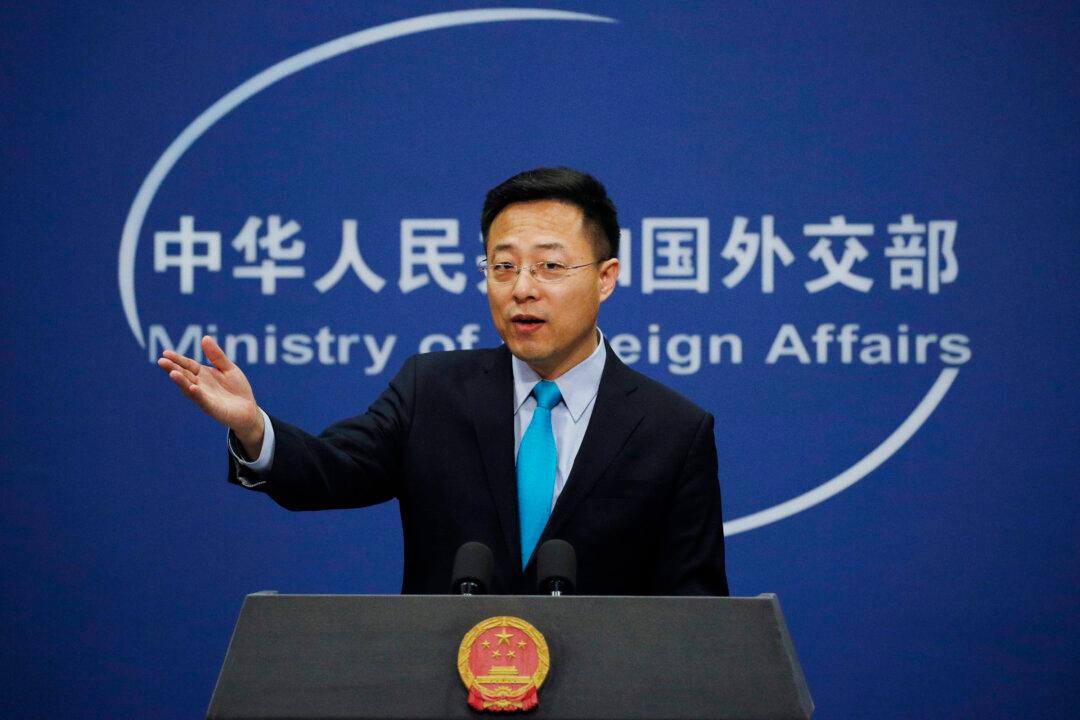The communist regime in China is imposing sanctions on four U.S. religious freedom officials, in response to Washington’s efforts to pressure Beijing over its human rights abuses in Xinjiang.
The sanctions target Chair Nadine Maenza, Vice Chair Nury Turkel, and two commissioners of the U.S. Commission on International Religious Freedom (USCIRF), Chinese Foreign Ministry spokesperson Zhao Lijian said on Dec. 21.




